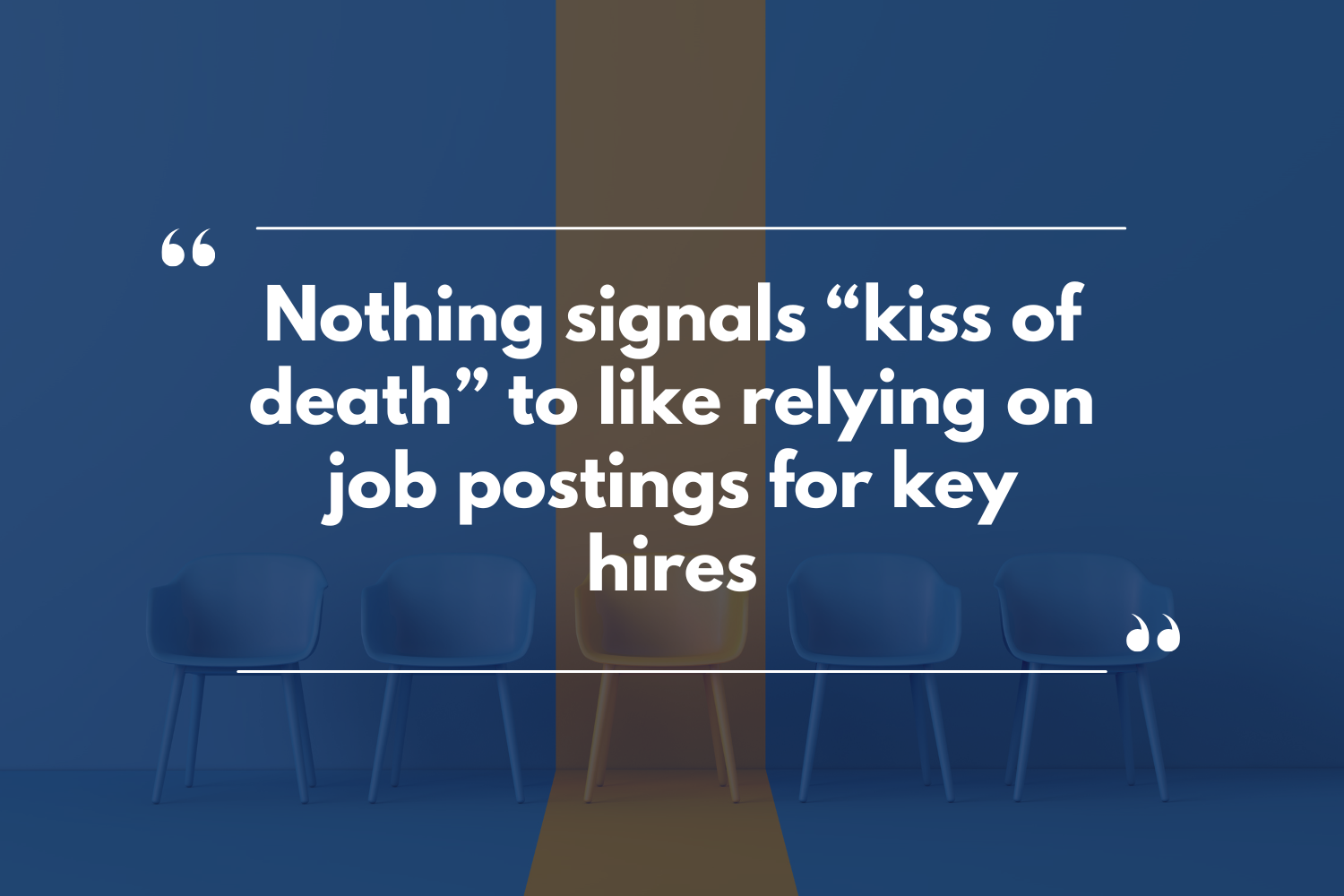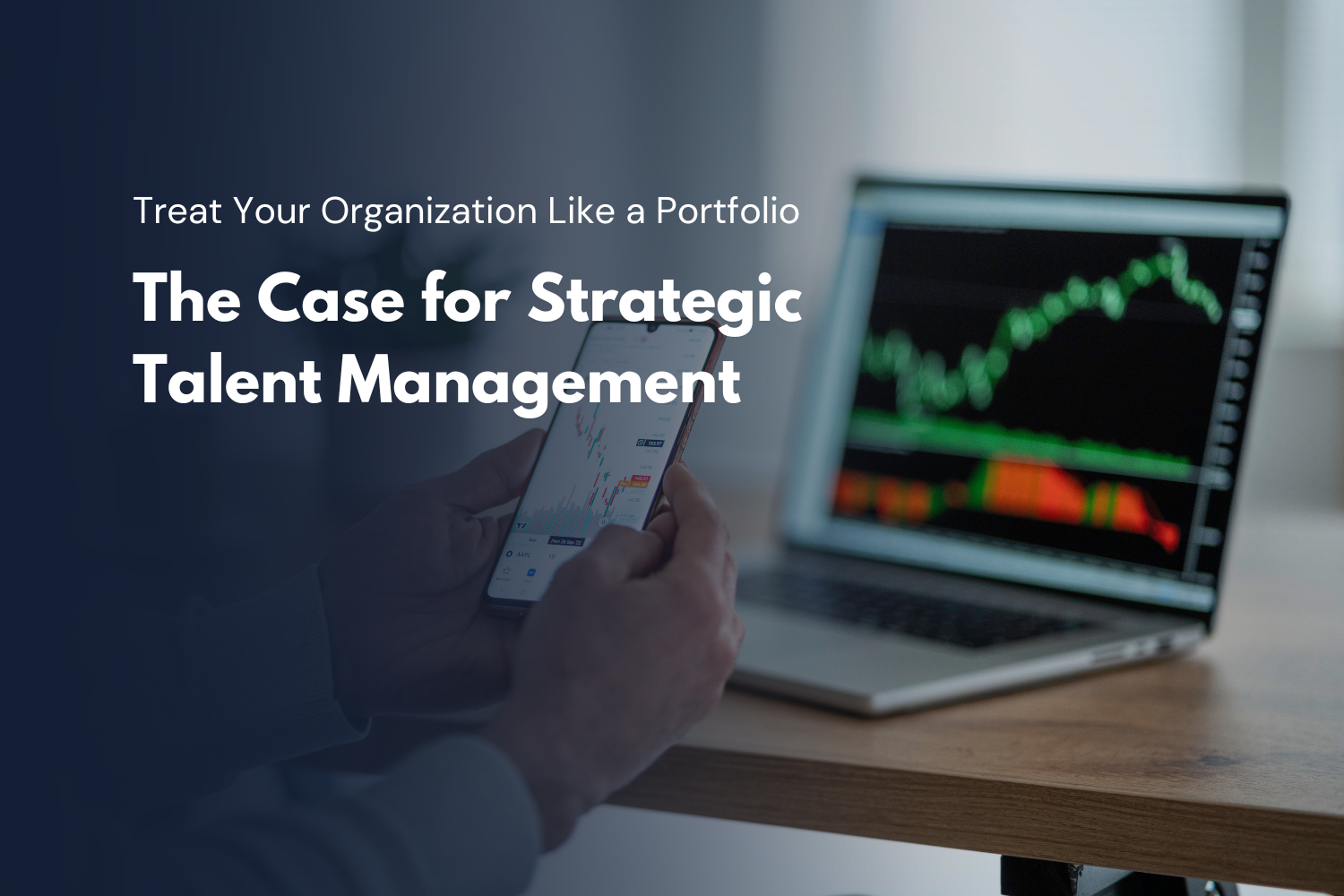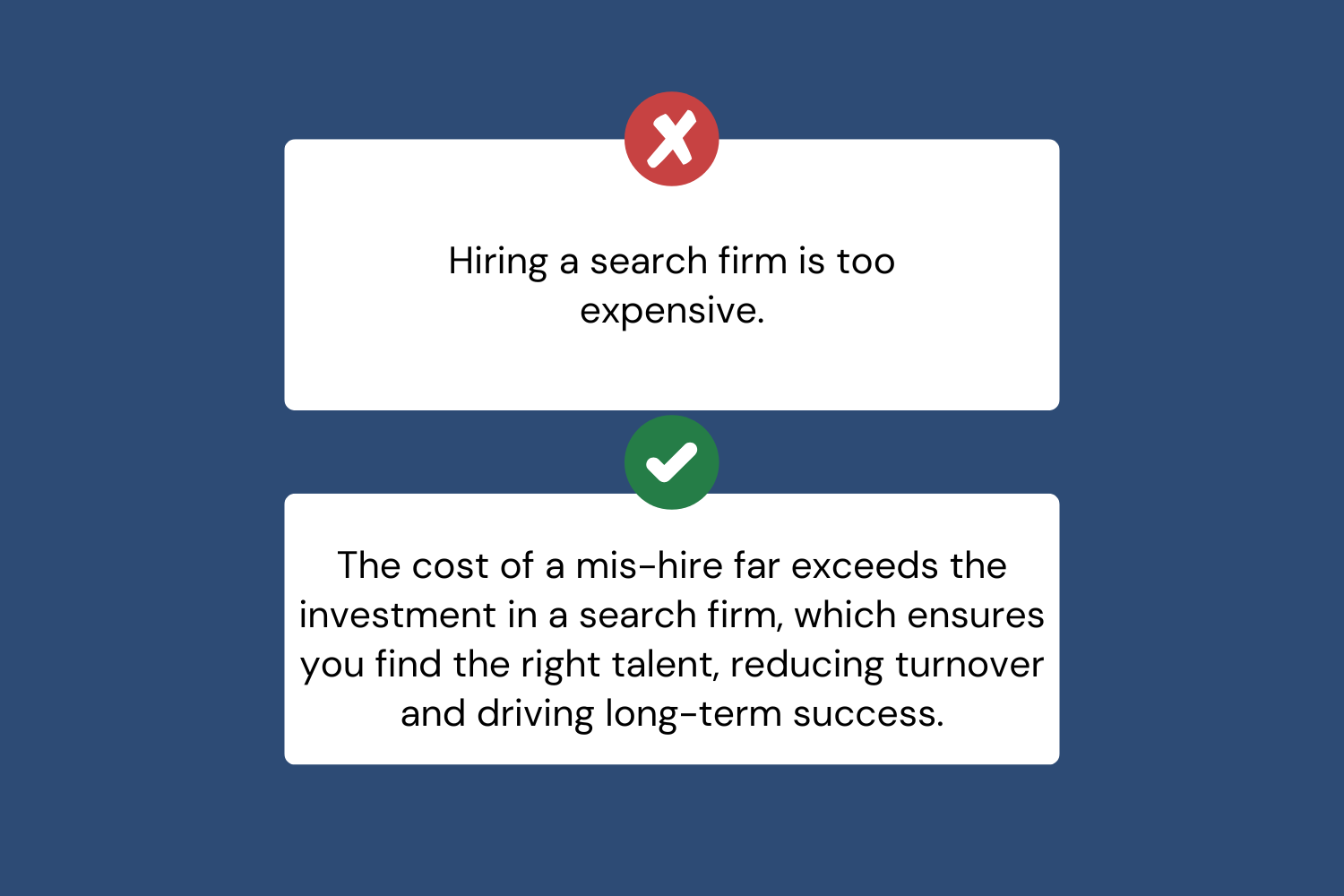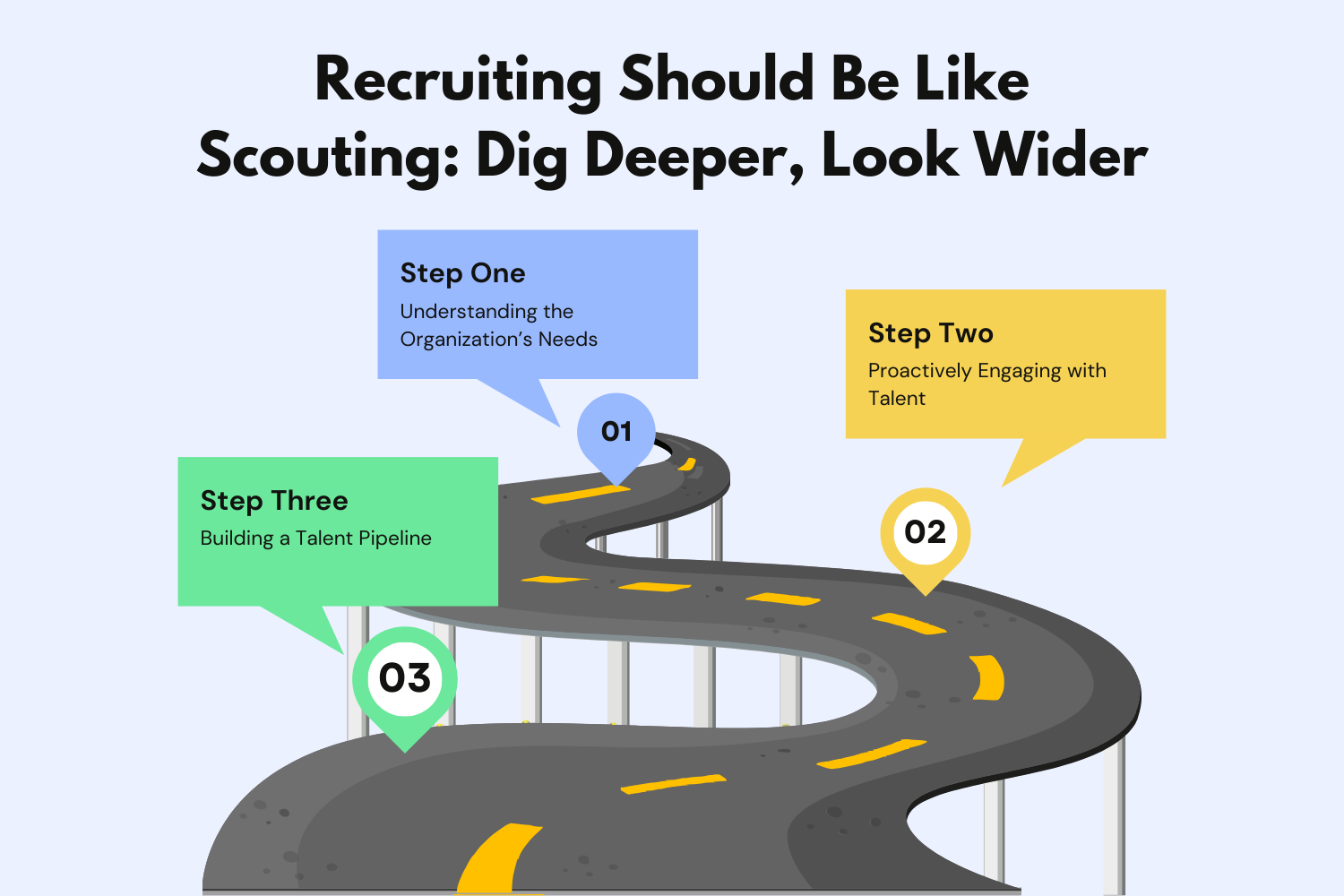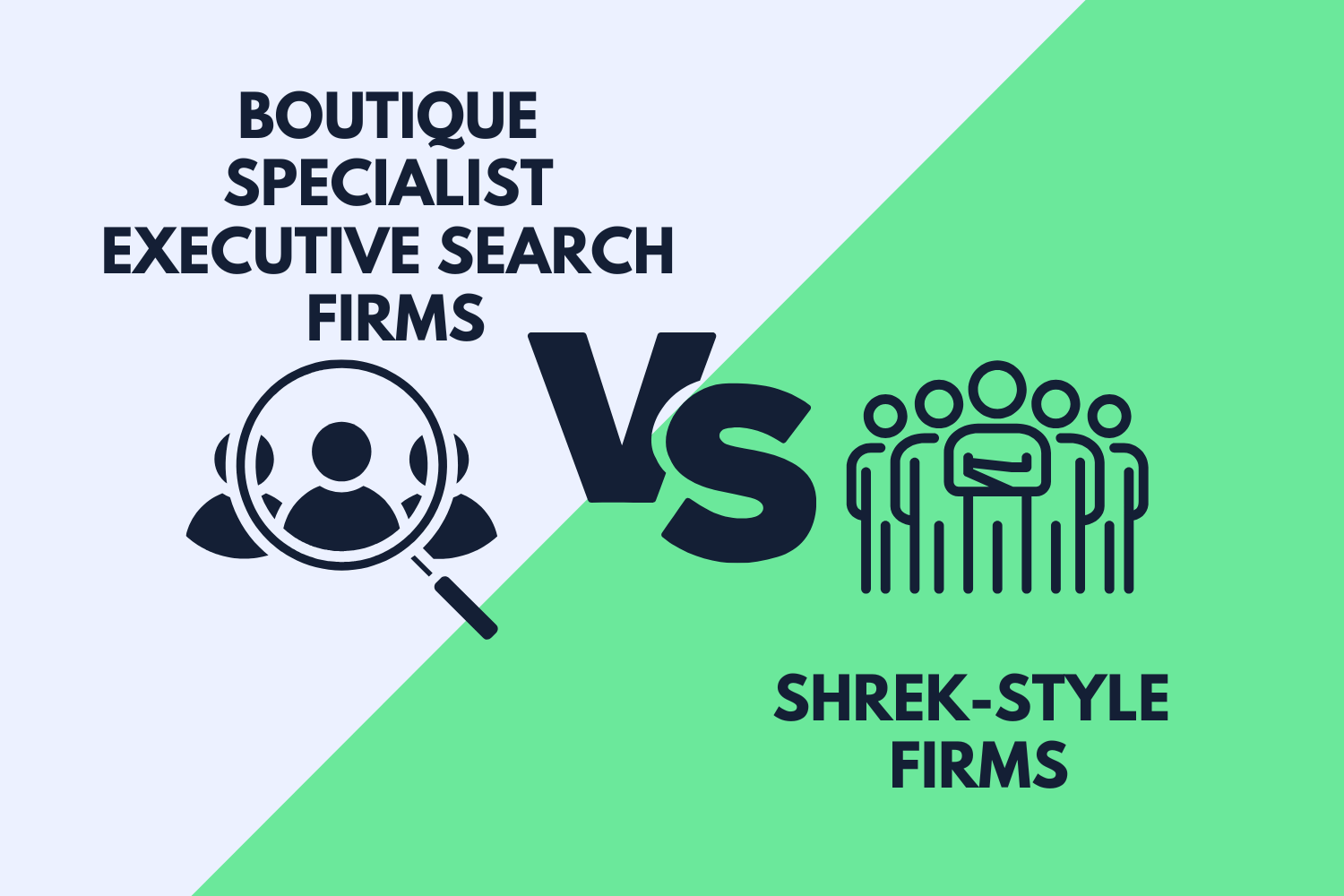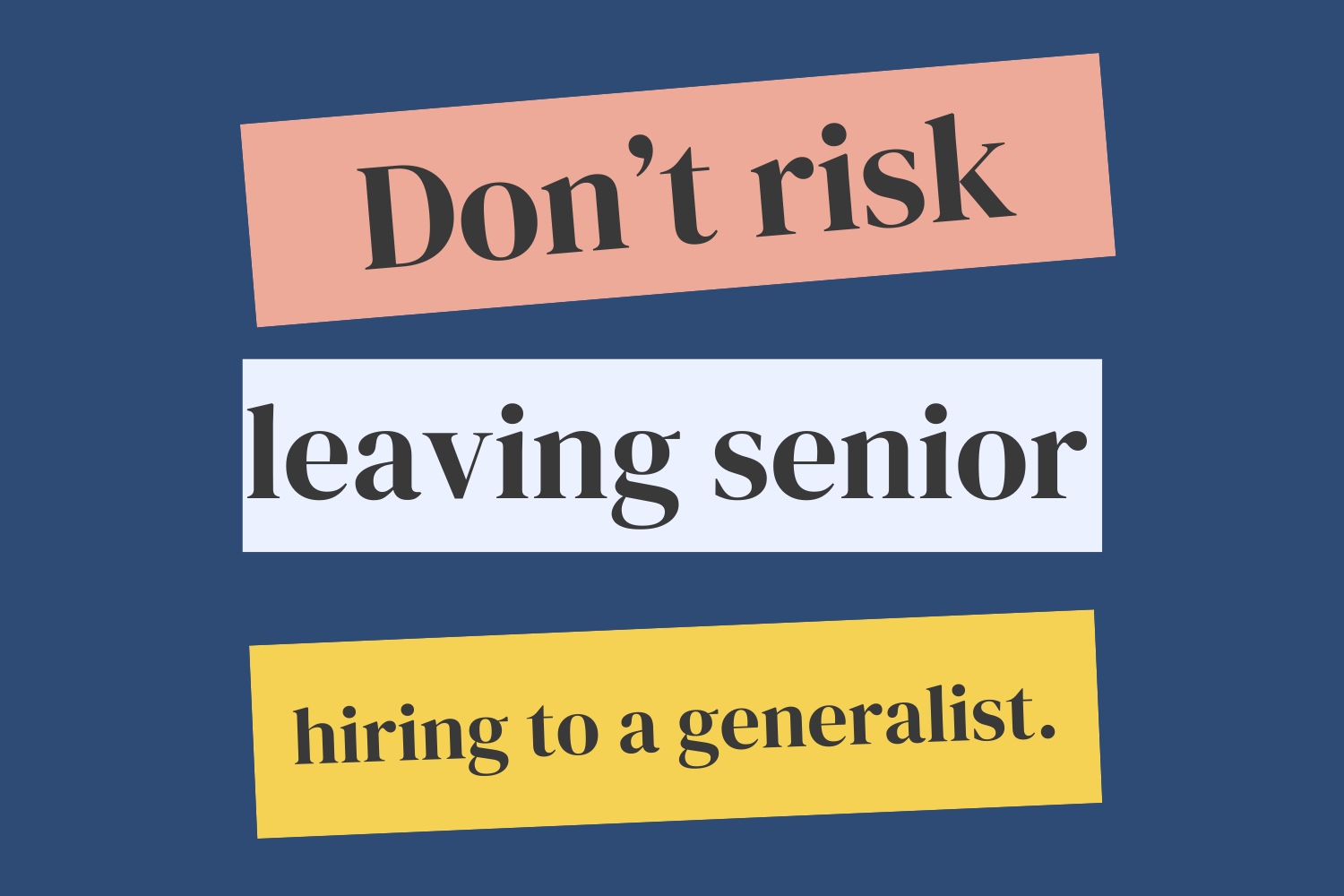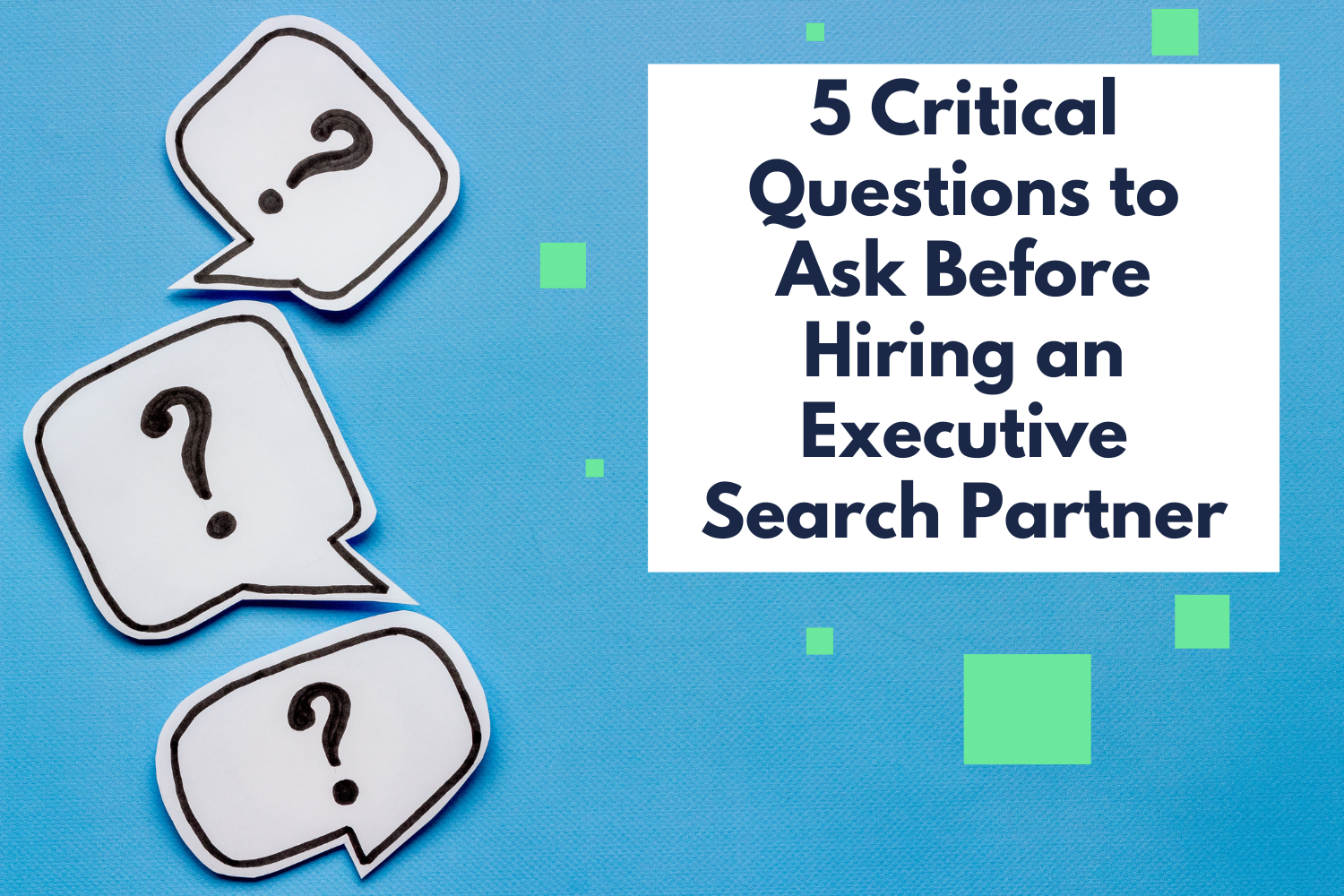
Artificial intelligence (AI) is transforming industries, but its impact on recruitment — especially senior-level executive search — remains nuanced. While some firms see AI as a potential job-slasher, the reality is more complex. A recent survey by the Federal Reserve Bank of New York shows that companies adopting AI are not shedding large numbers of employees. In fact, many are planning to expand their workforce over the next six months.
AI’s Impact on the Recruitment Landscape
For firms like Brogan Search Partners, AI plays a supportive role rather than a disruptive one. We utilize AI to streamline administrative tasks, such as data entry and call summaries, allowing our recruiters to focus on what really matters: building meaningful relationships and conducting thorough, creative searches. The technology has always been a “nice helper” behind the scenes, falling into the administrative support category rather than taking center stage.
The Federal Reserve Bank’s survey highlights that only about 5% of service firms in New York that adopted AI reported job reductions over the past six months. Moreover, the outlook is optimistic, with service companies expecting to increase hiring in the near future. This suggests that, rather than replacing employees, AI is complementing human capabilities, enabling companies to be more productive and efficient.
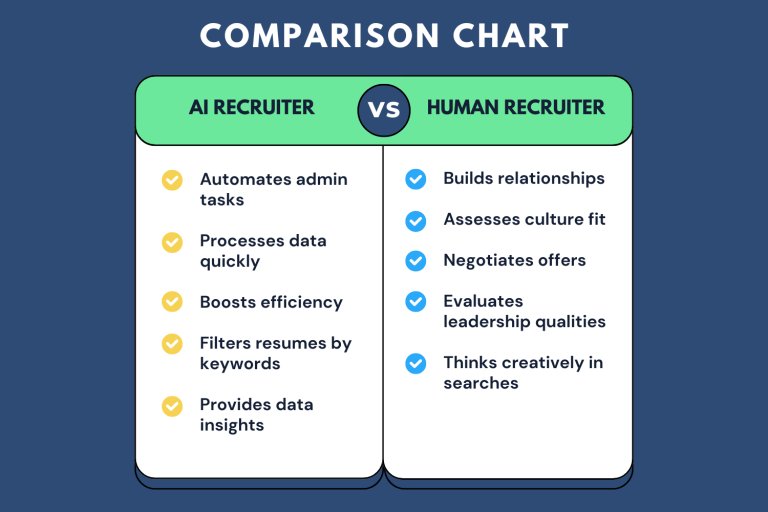
For firms like Brogan Search Partners, AI plays a supportive role rather than a disruptive one. We utilize AI to streamline administrative tasks, such as data entry and call summaries, allowing our recruiters to focus on what really matters: building meaningful relationships and conducting thorough, creative searches. The technology has always been a “nice helper” behind the scenes, falling into the administrative support category rather than taking center stage.
The Federal Reserve Bank’s survey highlights that only about 5% of service firms in New York that adopted AI reported job reductions over the past six months. Moreover, the outlook is optimistic, with service companies expecting to increase hiring in the near future. This suggests that, rather than replacing employees, AI is complementing human capabilities, enabling companies to be more productive and efficient.
Why AI Won’t Replace the Headhunter
The role of a headhunter involves far more than just screening resumes or matching keywords. It requires an understanding of business dynamics, culture fit, and strategic thinking. For example, automating tasks like recording calls or generating meeting summaries can certainly boost productivity, but it doesn’t replace the human element of assessing candidates or negotiating complex compensation packages.
The analogy is clear: just as a scalpel doesn’t replace a surgeon, AI tools don’t replace recruiters — they simply assist them. In the world of senior-level executive search, the ability to think abstractly and creatively is critical. AI may help with some administrative tasks, but the core skills needed to match high-caliber talent with top companies remain firmly human.
AI’s Potential to Enhance Recruitment Processes
AI could potentially replace some entry-level tasks, such as posting jobs online and filtering resumes based on basic criteria. However, the long-term impact might go beyond just automating these processes. AI can generate valuable insights, such as showing data that demonstrates the limitations of traditional job postings even for junior positions. Such insights can guide companies to invest in more sophisticated recruiting strategies, including proactive search and relationship-building.
The focus should shift from just using AI to automate tasks to leveraging it for strategic advantages, like enhancing data-driven decision-making. Real recruiting — building connections and understanding the nuances of each search assignment — requires human intuition, empathy, and expertise that AI simply cannot replicate.
Business Development and the Human Connection
In business development, the trend is also leaning toward a more human-centered approach. Even as AI technology advances, there is a growing preference for real human connections over automated pitches. Clients and candidates are not just looking for someone to “sell” them a service; they want to partner with a recruiter who understands their needs and can provide a personalized touch. This is a key reason why business development remains a human-intensive area, even more so than it was a few years ago.
AI in Practice: What the Data Tells Us
According to the Federal Reserve Bank’s survey, AI adoption is set to grow, with 25% of service firms and 16% of manufacturers currently using AI, and the numbers expected to increase. However, firms are not only adopting AI but also retraining their staff to better integrate the technology into their workflows. Around one-quarter to one-third of employees at AI-adopting firms are undergoing retraining, indicating that companies are investing in upskilling their workforce rather than replacing it.
Conclusion
The adoption of AI in recruitment is more about enhancement than replacement. While AI tools can take over repetitive tasks, they do not replace the need for skilled recruiters who can build relationships, think creatively, and navigate the complexities of senior-level executive search. As AI continues to evolve, it will likely augment the capabilities of headhunters, making the search process more efficient and productive, but it won’t replace the human touch.


